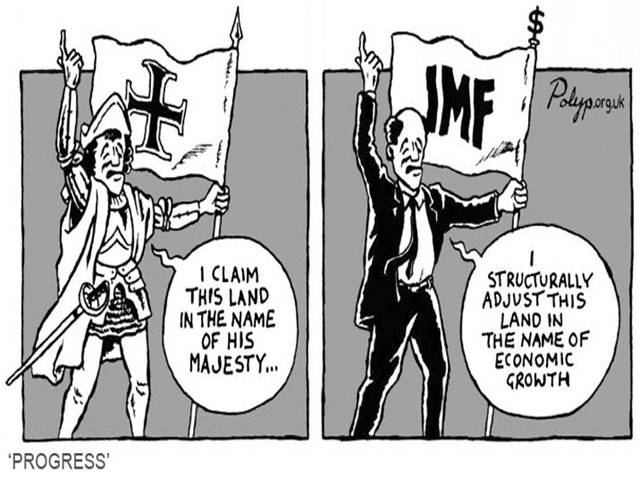“For isn’t it odd that the only language I have in which to speak of this crime is the language of the criminal who committed the crime?”
-Jamaica Kincaid
Image: Medium
Neocolonialism is the practice of using capitalism, globalisation, cultural imperialism, and conditional aid to influence a developing country instead of previous colonial methods.
The term neocolonialism was first used after World War II to refer to the continuing dependence of former colonies on foreign countries, but its meaning soon broadened to apply, more generally, to places where the power of developed countries was used to produce a colonial-like exploitation—for instance, in Latin America, where direct foreign rule had ended in the early 19th century. This effort was seen as closely associated with the Cold War. The U.S. government offered large amounts of money to any government prepared to accept U.S. protection from communism. That enabled the United States to extend its sphere of influence and place foreign governments under its control. Other instances of this policy were seen in Africa, where neocolonialism was formally developed, in areas that used to be under France’s control. Despite losing formal control, France still had an exploitative relationship with Africa.
Many believe that the current initiatives taken by China, such as the Belt and Road Initiative, are forms of neocolonialism, that help China exert influence in these countries, and take over land.






